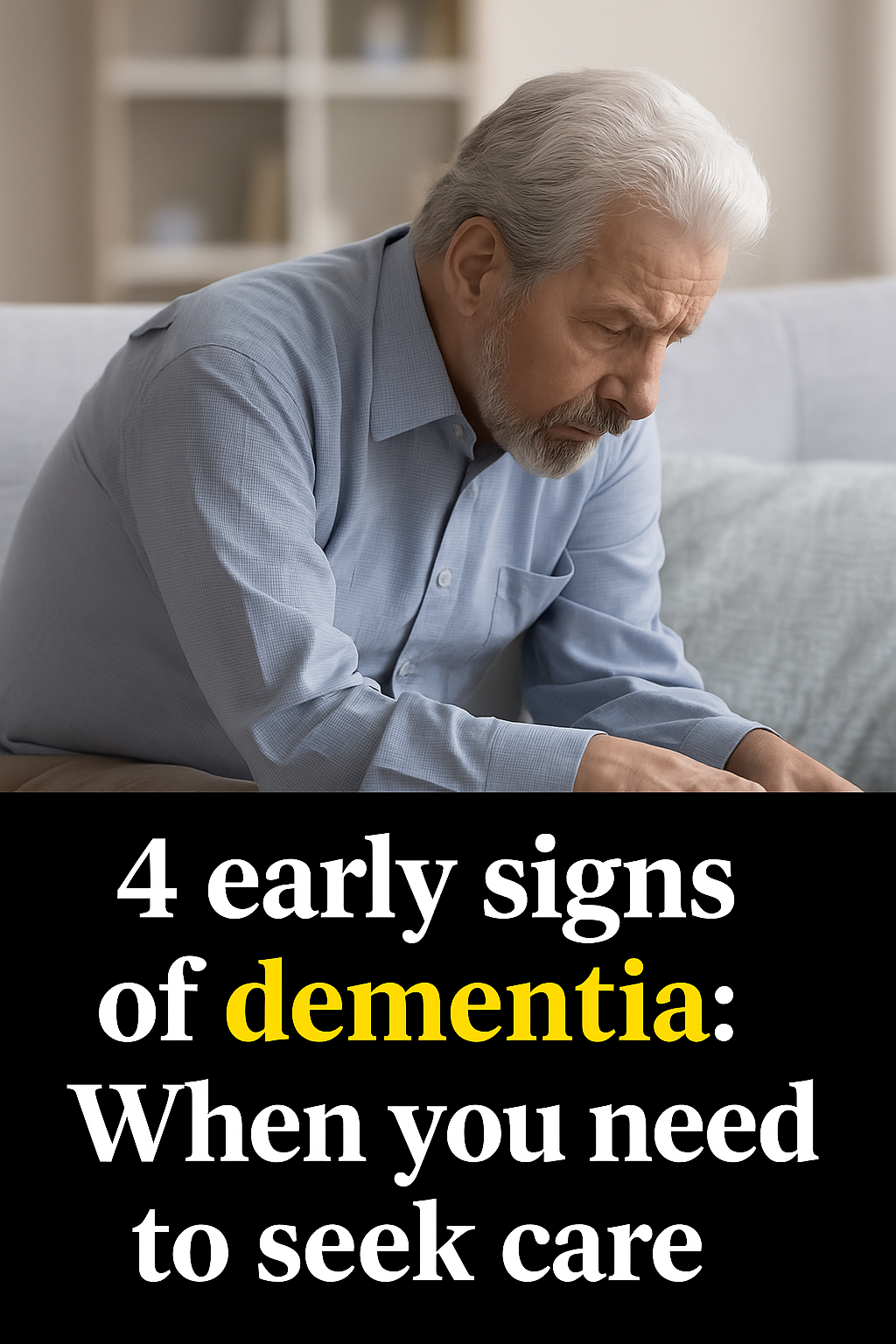“Recognizing the Early Signs of Dementia”
When it comes to dementia, it’s important to seek care early if you notice any signs or changes in behavior. Recognizing the early symptoms of Alzheimer’s and dementia is key to getting the right help and support as soon as possible.
While it’s completely normal for everyone to forget things now and then, memory lapses can be a natural part of aging. However, when forgetfulness begins to interfere with your day-to-day activities and starts to significantly impact your life, it may be time to seek medical attention.
It’s important to note that memory issues don’t automatically indicate dementia. Other factors, such as stress, trauma, aging, alcohol consumption, or even drug use, can contribute to memory problems as well. That’s why it’s essential to get a proper diagnosis to rule out any other potential causes.
Early Symptoms of Dementia
Globally, over 55 million people are living with dementia, according to Alzheimer’s Disease International. Dementia can be a challenging diagnosis for both the individual and their family members. Early intervention is critical, as it can lead to better outcomes. Recognizing early signs and symptoms can make a significant difference in the ability to manage the condition.
Some common early symptoms of dementia include:
- Memory Problems: One of the most noticeable signs is the worsening of memory. This might manifest as difficulty recalling recent events, forgetting names, or repeating questions and statements. A person may also frequently misplace items and find them in unusual places.
- Struggling with Communication: A person may find it challenging to recall words or have trouble following or participating in conversations. They might frequently lose their train of thought and become frustrated when they cannot find the right words.
- Getting Lost: Another early sign could be getting lost in familiar places, such as in your neighborhood or at home. A person with early-stage dementia might have difficulty navigating areas they’ve been to many times before.
- Difficulty Completing Everyday Tasks: Routine tasks, such as cooking, cleaning, or paying bills, might become increasingly difficult for someone experiencing early-stage dementia. These activities may seem overwhelming or confusing, even though they were once done easily.
- Changes in Mood and Personality: Dementia can also bring about significant changes in mood, behavior, and personality. A person may become more anxious, depressed, irritable, or withdrawn. They may lose interest in activities they once enjoyed, or appear less motivated and engaged with life in general.
- Decreased Initiative: You may notice a person becoming less willing to take the initiative in everyday situations. They might need prompting to carry out tasks they once did independently, or may shy away from making decisions.
When to Seek Medical Help
If you notice any of the symptoms mentioned above in yourself or a loved one, it’s important to seek medical help as soon as possible. Although these signs could be caused by factors unrelated to dementia, it’s always a good idea to get them checked by a professional. Seeking help early can lead to a proper diagnosis, ensuring that you receive the appropriate care and support.
Contacting your doctor or a healthcare professional is the best course of action. They can offer guidance on the next steps and help you understand what options are available. In some cases, what may appear to be dementia could be the result of another condition, such as vitamin deficiencies, sleep problems, or even side effects of medication. A thorough evaluation is necessary to determine the exact cause of the symptoms.
Why Early Diagnosis Matters
The earlier you seek help, the more options you’ll have in managing the condition. If dementia is diagnosed early, it becomes possible to begin treatment, make lifestyle adjustments, and develop a plan for the future. Early intervention can also help alleviate some of the anxiety associated with a diagnosis, giving both the person and their family members time to prepare and adjust.
An early diagnosis also means that you can access support services and care options that can improve quality of life and help you maintain independence for as long as possible. You can work with healthcare professionals to develop a personalized care plan that addresses the needs of the individual and provides the necessary resources for family members.
Conclusion
Dementia is a challenging and often overwhelming condition, but recognizing the early signs and seeking medical attention early can make a significant difference in managing the disease. Memory loss, difficulty communicating, getting lost, changes in mood, and a decrease in motivation can all be signs of dementia, but these symptoms can also be attributed to other causes. If you or someone you know is experiencing any of these signs, it’s important to seek professional help to ensure proper diagnosis and care. Early intervention not only allows for more effective treatment options, but it also provides an opportunity to plan for the future and ensure the best possible support.
